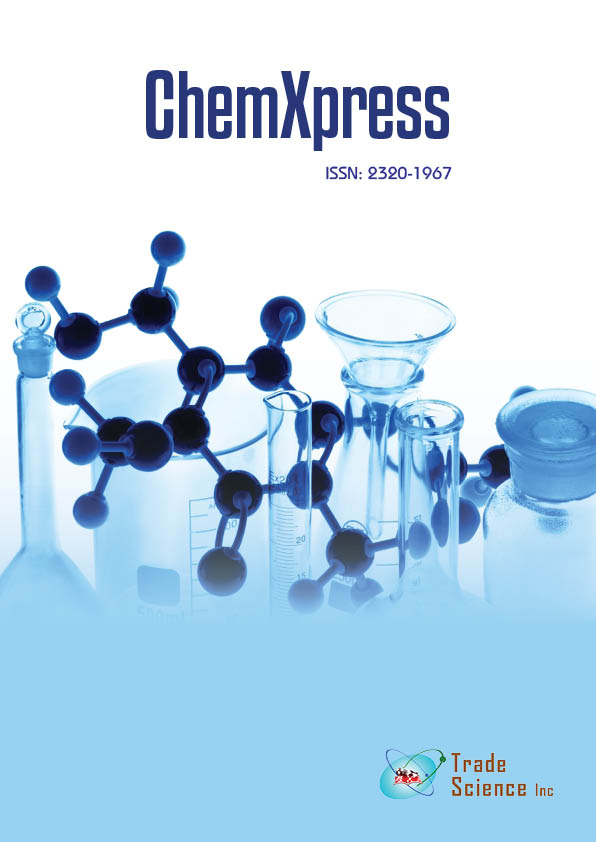抽象的
Influence of the chemical composition of a parent alloy used in fixed partial denture on its corrosion in an acidified Fusayama’s saliva
Leslie Janiaut, Laurent Kedinger, Patrice Berthod, Pascal De March
The frameworks supporting ceramic in fixed partial dentures are generally constituted of several dental alloys. In themouth, some parts of the framework may be exposed to amore or less aerated saliva and then exposed to corrosion on long times, which can be detrimental for their mechanical resistance. Commercial alloys used in frameworks have specific chemical compositions, chosen for reaching high level ofmechanical strength as well as for resisting corrosion. Three ternary Ni-based alloys derived from a commercial dental one, with varying Cr andWcontents, were elaborated and tested in corrosion in an artificial saliva. Electrochemical techniques were used to specify the behaviour of each new alloy (follow-up of free potential, measurement of polarization resistances, cyclic polarizations). The importance ofmaintaining the chromiumcontent to resist corrosionwas evidenced, and the detrimental role of the heat treatment discovered.Moreover, it is possible that the minor elements present in the commercial alloy also play an important role in the corrosion resistance.
